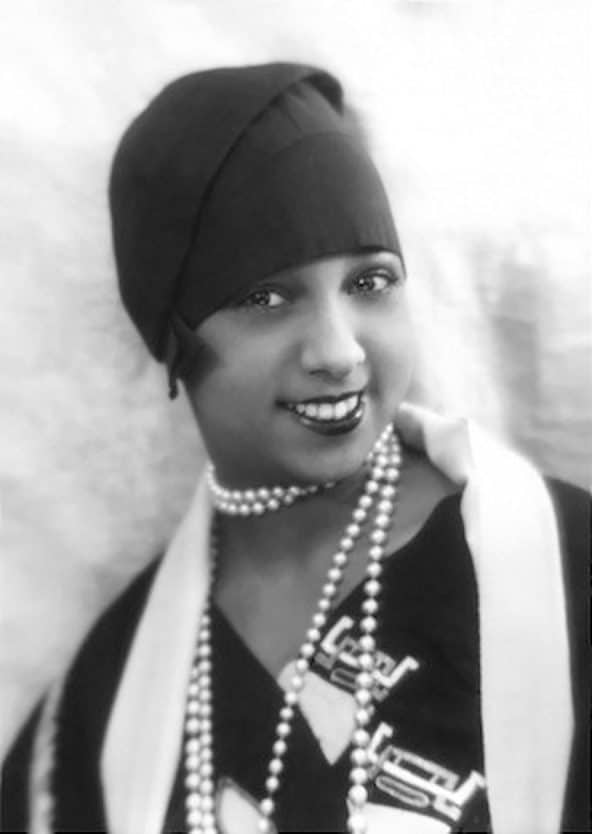Vaudeville

Photo Credit: Public Domain
Josephine Baker
Singer, dancer and civil rights activist
Excerpts from The Clio, edited by Hennepin Theatre Trust:
Josephine Baker was born in St. Louis in 1906 as Freda Josephine McDonald. Baker’s performances in the clubs and in front of local theaters in St. Louis sparked her love for the spotlight and created the foundations for her career in show business as a premier singer, dancer and movie star.
Baker’s fame skyrocketed in the 1920s when she relocated to St. Louis permanently. After her move, Baker grew to be one of the most successful female performers in the world, known for her famous banana dance in which she donned an outfit made of artificial bananas, as well as her performances in the films “Siren of the Tropics,” “Zouzou,” and “Princess Tam.”
Her magnetic presence on stage sparked the interest of a wealthy white socialite named Caroline Dudley Reagan who hoped to create an all-black show in Paris, where segregation would not hold them back. After moving to Paris and starring in a number of shows, Baker’s international stardom took off. Known for her comedic acts and dance routines, her success in Paris led her to tour all over Europe, where she quickly became one of the most recognizable and highest paid performers on the continent.
Despite Baker’s success in Europe, she frequently felt the effects of segregation and prejudice while performing. Although she had left St. Louis in order to remove herself from the poverty and injustice of the Midwest, performing as a Black woman continued to be a struggle throughout her time in New York and the remainder of her life in France. Her struggle was a motivating factor in her work as a civil rights activist beginning in the 1930s. Baker frequently spoke out against negative race relations during her shows and began to refuse shows in segregated theaters.
In February 1952, Baker finally returned to St. Louis for one performance at Kiel Auditorium, formerly on Clark Avenue. During her show, Baker explained how her move to Europe freed her from the setbacks she faced while in the United States and compelled the audience to take action against the civil injustices that surrounded them. During the March on Washington in 1963, Baker was one of two women to speak, in which she described her experience with racism in the United States and Europe.
For more about Josephine Baker visit: https://www.theclio.com/tour/1376/1